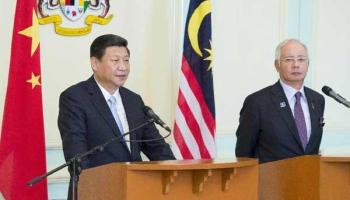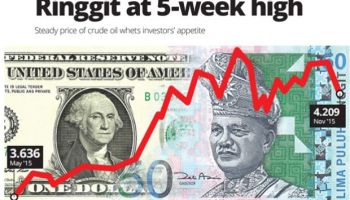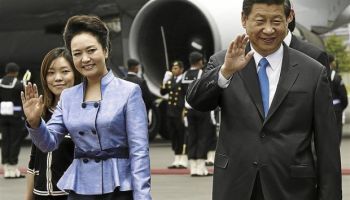China will roll out new measures to catalyze entrepreneurship and innovation with special focus on employment of and business start-up by college graduates and other key populations, the State Council’s executive meeting chaired by Premier Li Keqiang decided Wednesday.
The nationwide initiative spurring entrepreneurship and innovation is a crucial underpinning for sustaining and expanding employment, and nurturing new drivers of growth. Premier Li Keqiang highlighted the need to further take forward the entrepreneurship and innovation initiative, and catalyze its role in promoting employment, especially for college graduates.
The meeting underlined the imperative to make all-round efforts to maintain stability on the six fronts and security in the six areas.
Given the shocks caused by COVID-19 and shifting environment for development, the meeting urged keeping to the strategy of innovation-driven development, and spurring society-wide entrepreneurial activities and innovation, to unleash market vitality and people’s creativity.
New drivers of growth will be fully harnessed to support jobs and market entities, with a particular focus on the employment of college graduates, rural migrant workers who have returned to their hometowns and other key populations.
“Stimulating entrepreneurship and innovation is highly important for providing employment for key groups of people and increasing their income. Competent departments should work out greater support for the employment of college graduates and rural migrant workers,” Li said.
A series of concrete measures were adopted at the meeting. Support for entrepreneurs and innovators will be scaled up. Special funds will be earmarked from central budgetary investment for the development of the entrepreneurship and innovation demonstration centers.
Idle factory buildings and under-used land will be brought into full play as part of greater support for key entrepreneurial and innovation projects.
Government-invested incubators will provide a portion of their venues free of charge to college graduates and rural migrant workers.
One-off subsidies may be granted to first-time entrepreneurs returning or moving to the countryside, who have kept their business start-ups in regular operation no less than a year.
Demonstration programs for boosting employment by entrepreneurial activities will be carried out. Enterprises, entrepreneurship and innovation demonstration centers, and online platforms will be encouraged to jointly provide training on entrepreneurial skills in nursing, elderly care, domestic services, tourism and e-commerce to help shape the expectation of job-seekers and broaden their prospects for employment.
“We need to provide proper guidance for college graduates in their expectations for jobs, and encourage them to start their own businesses,” Li said.
The entrepreneurship and innovation demonstration centers will be encouraged to build platforms for integrated cross-regional development involving companies of different sizes. And platforms providing specialized services will be built for the commercialization of scientific and technological research outcomes.
Financial institutions will be encouraged to provide insurance services for the financial leasing of equipment and entrepreneurial activities.
Restrictions on sectors where insurance funds may be used for financial equity investment will be lifted, and the quota transfer of equity investment and venture capital investment will be piloted in regional equity markets.
The meeting urged stepping up basic research in mathematics, physics, chemistry and biology, and encouraging teenagers to learn and explore basic theories.
“University students need to be further encouraged to study and research basic theories, to underpin the country’s ability to innovate. Without a solid ground in basic research, it is impossible to make significant progress,” Li stressed.
Source link
Read more:
Covid-19 forces Singapore into technical recession | The Star
Singapore in technical recession after GDP shrinks 41.2% in ...
Related posts:
China leads the way as world's billionaires get even richer

Beijing is home to the world's most billionaires, edging New York City out

Digitalisation and its impact
Global AI collaboration to fight pandemic, revive economies
The future is AI technology









